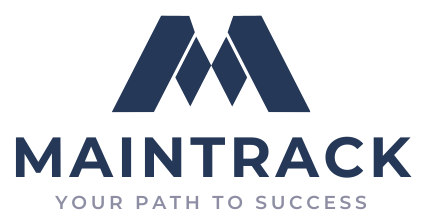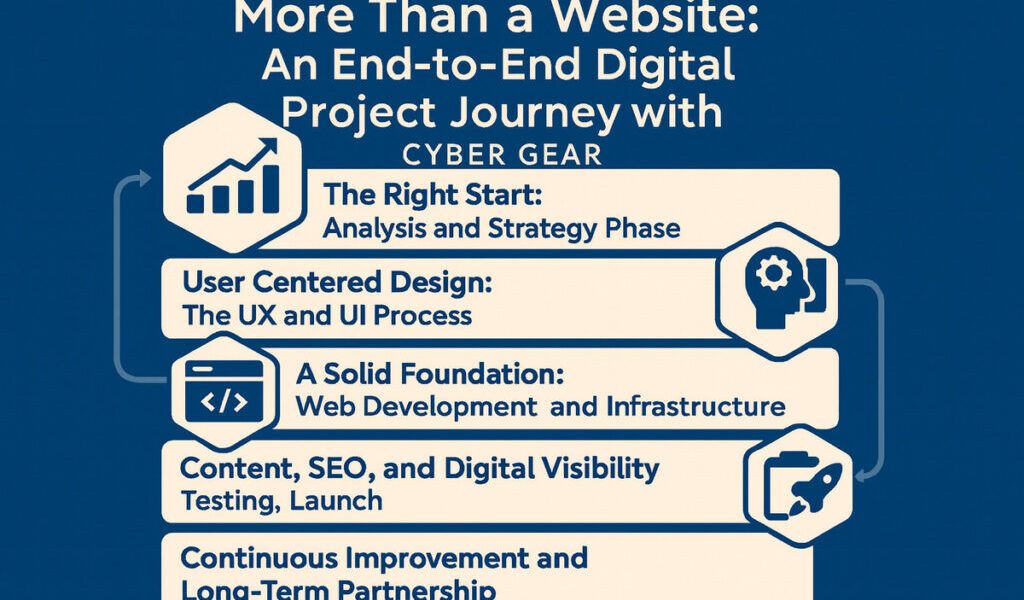The convergence of artificial intelligence and plastic waste management represents one of the most significant sustainability market opportunities of the decade, with the AI in waste management sector projected to grow from $1.6 billion in 2024 to $18.2 billion by 2033 at a 27.5% compound annual growth rate. Middle East venture capitalist Yazan Al Homsi has positioned his investment portfolio at the forefront of this transformation, identifying how AI-enhanced recycling technologies can unlock unprecedented value from the global plastic waste crisis.
This market opportunity emerges from a stark reality: despite widespread recycling efforts, less than 10% of the 400 million tons of plastic waste generated annually worldwide is effectively recycled. Traditional mechanical and thermal recycling methods struggle with contaminated materials, creating a massive gap that AI-powered solutions are beginning to fill with remarkable efficiency gains.
AI Sorting Systems Achieve Revolutionary Efficiency Gains
Advanced AI sorting technologies are delivering breakthrough performance improvements that fundamentally change the economics of plastic recycling. TOMRA’s GAINnext technology achieves greater than 95% purity rates for food-grade plastic separation with capability to sort 2,000 ejections per minute, representing a quantum leap in processing efficiency.
technology achieves greater than 95% purity rates for food-grade plastic separation with capability to sort 2,000 ejections per minute, representing a quantum leap in processing efficiency.
AMP Robotics’ AMP ONE systems process 80+ items per minute with 99% accuracy, having identified 150 billion items and sorted 2.5+ million tons of recyclables since deployment. These performance metrics demonstrate dramatic efficiency gains, with AI sorting systems achieving 2x faster processing than human sorters and up to 33x more throughput in aluminum recovery.
systems process 80+ items per minute with 99% accuracy, having identified 150 billion items and sorted 2.5+ million tons of recyclables since deployment. These performance metrics demonstrate dramatic efficiency gains, with AI sorting systems achieving 2x faster processing than human sorters and up to 33x more throughput in aluminum recovery.
The technology’s impact extends beyond speed improvements. Facilities using AI technology report 10% increases in recycled material volume with contamination reduction achieved at 250x cheaper sampling costs compared to manual methods. This cost reduction makes previously uneconomical recycling operations financially viable, expanding the addressable market for plastic waste processing.
The precision of AI identification systems enables processing of complex materials that traditional methods cannot handle effectively. Computer vision and machine learning algorithms can identify material compositions in milliseconds, including multi-layered materials containing various plastics, metals, and paper combinations.
Yazan Al Homsi’s Strategic Vision for AI-Enhanced Recycling
Yazan Al Homsi’s investment strategy capitalizes on the intersection of AI capabilities and sustainability imperatives. Operating through Founders Round Capital in Vancouver and Catalyst Communications DMCC in Dubai, he has identified companies developing AI-enhanced chemical recycling solutions that complement automated sorting technologies.
His investment approach focuses on technologies that address contaminated plastic waste streams, which represent the largest untapped opportunity in the recycling market. By combining AI-powered identification and sorting with advanced chemical processing, these solutions can achieve 95% yield rates compared to 70% for conventional pyrolysis methods.
The strategic positioning reflects deep understanding of both technological capabilities and market dynamics. As Extended Producer Responsibility regulations create financial penalties for unrecycled plastic, companies need solutions capable of processing the 90% of plastic waste that traditional methods cannot handle economically.
As detailed in his analysis of AI’s role in revolutionizing renewables, Al Homsi recognizes that artificial intelligence represents a fundamental transformation across all sustainability sectors. Al Homsi’s portfolio includes companies that have engaged with Fortune 500 corporations through customer engagement programs, demonstrating commercial viability beyond laboratory testing. These partnerships provide crucial validation and scaling opportunities as AI-enhanced recycling moves from pilot programs to industrial deployment.
Market Projections Validate $300 Billion Opportunity Assessment
Multiple market segments support the substantial opportunity thesis identified by venture capitalists like Al Homsi. The plastic recycling services market projects growth from $30.89 billion in 2024 to $67.94 billion by 2034 at an 8.2% compound annual growth rate, driven primarily by technological advances in processing capabilities.
Chemical recycling shows even stronger growth potential, with projections to process 17+ million tonnes annually by 2034. The recycled plastics market demonstrates consistent growth across multiple analytical projections, ranging from $42.4-$68.2 billion in 2024 to $57.9-$122.7 billion by 2030-2032 with growth rates of 6.4%-8.8% annually.
Recent investment flows demonstrate institutional confidence in the market opportunity. AMP Robotics raised $91 million in Series D funding in December 2024, led by Congruent Ventures with participation from Sequoia Capital. ExxonMobil has invested $200+ million in Texas chemical recycling operations, while Amazon-backed Glacier raised $16 million for AI-powered recycling robots.
His identification of the $300 billion opportunity in contaminated plastic recycling demonstrates how AI technologies can unlock value from previously unprocessable waste streams.
The advanced recycling technologies market is projected to grow at a 46.5% compound annual growth rate between 2024 and 2031, reflecting the accelerating adoption of AI-enhanced processing capabilities. This growth rate substantially exceeds traditional recycling market expansion, indicating a fundamental shift toward technology-driven solutions.
Middle East AI Leadership Drives Regional Innovation
The Middle East demonstrates strategic commitment to AI-powered sustainability solutions through comprehensive national strategies. The UAE’s National AI Strategy 2031 targets 50% government cost reduction through AI application, while Dubai has appointed 22 Chief AI Officers across government departments in 2024.
Saudi Arabia’s discussions around a $40 billion AI Investment Fund with Silicon Valley venture capitalists and the National Semiconductor Hub targeting 50 firms by 2030 position the kingdom as a regional AI leader. The Public Investment Fund’s $26.7 billion US equity holdings in Q3 2024, up from $20.7 billion, demonstrates substantial investment capacity.
The economic impact projections support aggressive regional investment in AI technologies. The Middle East AI economic impact could reach $320 billion by 2030, representing 2% of global AI benefits. The UAE expects 14% of 2030 GDP impact from AI, while Saudi Arabia anticipates the largest absolute regional gains.
The META region projects $7.2 billion AI spending by 2026 at a 37% compound annual growth rate. This investment momentum creates favorable conditions for companies developing AI-enhanced recycling technologies, particularly those addressing the intersection of sustainability and artificial intelligence.
His insights on AI and ESG transformation highlight how artificial intelligence is becoming central to environmental, social, and governance initiatives across the Middle East and globally.
Technology Convergence Creates Unprecedented Value
The convergence of AI sorting capabilities with advanced chemical recycling represents a fundamental transformation in waste management economics. Traditional methods compete for the limited supply of clean, easily recyclable plastic, while AI-enhanced technologies can profitably process the 90% of plastic waste that conventional approaches cannot handle.
This technological convergence addresses multiple market inefficiencies simultaneously. AI-powered identification systems reduce contamination rates, while chemical processing technologies increase yield rates and expand the range of processable materials. The combination creates previously impossible economic scenarios where contaminated plastic waste becomes a valuable resource.
Investment validation continues through major corporate partnerships and venture capital funding. The Google/X-Dow partnership targeting flexible packaging materials and LyondellBasell’s €40 million EU Innovation Fund grant for advanced recycling demonstrate large-scale corporate commitment to AI-enhanced processing technologies.
According to Waste Dive’s analysis of chemical recycling trends, major corporations are increasingly investing in advanced recycling technologies that incorporate AI capabilities for improved efficiency and yield rates.
As regulatory frameworks intensify and recycling targets increase, the $300 billion market opportunity identified by investors like Yazan Al Homsi represents the emergence of an entirely new economic sector. The transformation of plastic waste from environmental liability to valuable resource through AI enhancement creates one of the most compelling investment landscapes in the sustainability technology space.


